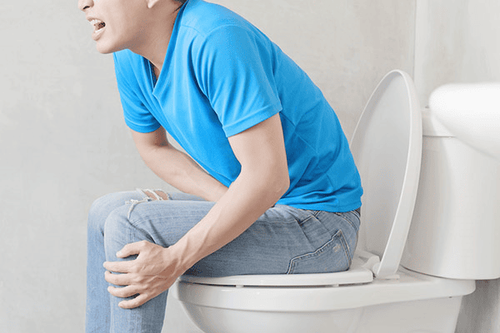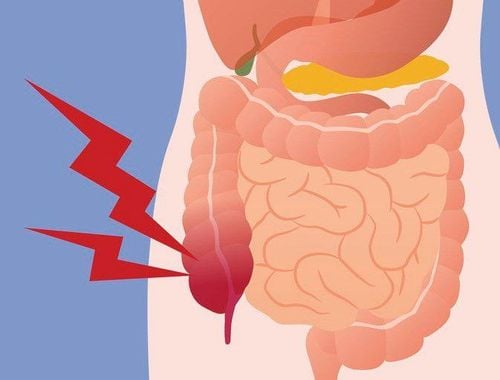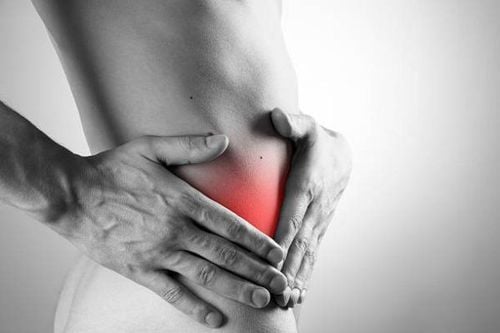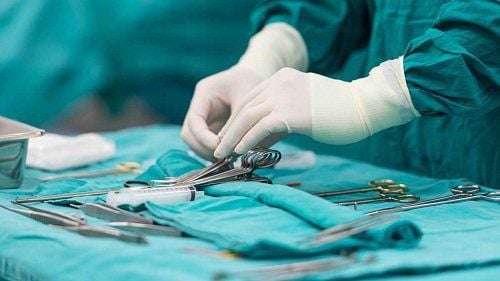This is an automatically translated article.
The article was professionally consulted by Dr. Ngo Viet Thang - Gastroenterologist, Department of General Surgery, Vinmec Ha Long International General Hospital.Appendectomy is the most optimal and radical option in the treatment of appendicitis. So what patients need to prepare and note before appendectomy surgery. The following are the notes of Dr. Vinmec for patients.
1. When is appendectomy performed?
An appendectomy is surgery to remove the appendix. Our body can still function normally without the appendix. In other words, the role of the appendix is almost negligible for the human body. However, for the following two cases, it is necessary to remove this part:Appendectomy is the optimal treatment for appendicitis
Treatment of appendicitis: Appendicitis is inflammation and infection in the appendix. Symptoms of the disease include: localized dull pain in the right iliac fossa or epigastric region, around the navel, then localized in the right iliac fossa, accompanied by nausea and vomiting, gastrointestinal disturbances, anorexia and fever light. When the appendix becomes inflamed, the patient should undergo appendectomy as soon as possible. If appendicitis is left untreated, the inflammation can rupture, releasing bacteria and toxic substances into the abdominal cavity, causing life-threatening peritonitis. Prophylactic appendectomy : Prophylactic appendectomy is indicated for people who have not been able to access medical services for a long time such as astronauts or well-balanced oceanic ship sailors.

Mổ ruột thừa là phương pháp điều trị tối ưu đối với căn bệnh viêm ruột thừa
2. How much does appendectomy cost?
The cost of appendectomy is assessed depending on many different factors, including: type of surgery (laparoscopic or open surgery), inflammation of the appendix with complications or not, length of hospital stay, medications. and consumables used.Currently, laparoscopic appendectomy is a common method commonly used in the treatment of appendicitis, because of its high safety and shorter hospital stay when compared with the traditional open surgery method. Patients undergoing appendicitis surgery, if they have health insurance, will be partially covered.
3. Prepare before appendectomy
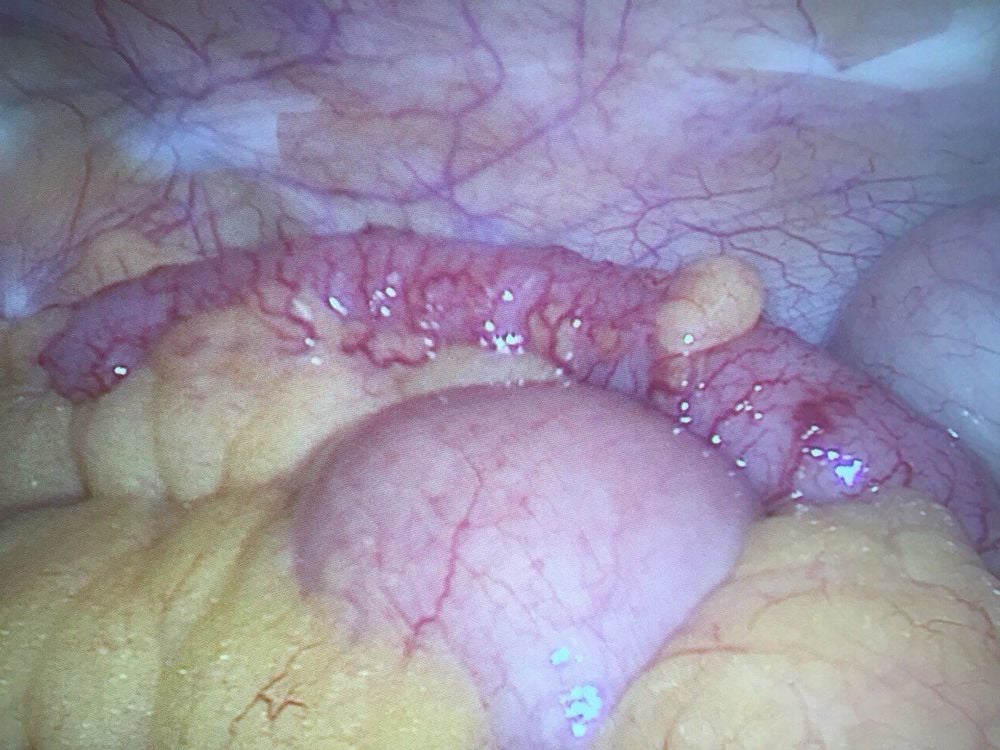
Viêm ruột thừa trước khi điều trị
4. The surgical process

Mổ nội soi thường được Vinmec áp dụng khi cắt túi mật, cắt lách, nang buồng trứng, ruột thừa, đại tràng,...
Open surgery: After the preparation, the doctor will make a 5cm skin incision in the lower right abdomen to expose the inflamed appendix. After the appendix is removed, the skin incision is sutured with either absorbable or non-absorbable sutures. Laparoscopic surgery: With this method, the doctor will make small incisions about 0.5-1 cm on the abdomen. Thereby, the doctor will place the manipulation channels to perform the appendectomy, will first create a working cavity by injecting carbon dioxide into the abdomen, the image transmission during surgery is done through a camera. dedicated. The camera will display images on the connected screen, allowing the surgeon to see inside the abdomen to perform an appendectomy. Laparoscopic appendectomy is commonly used with many advantages: less pain, aesthetics and the recovery time after surgery is often shorter than traditional open surgery.
5. Rehabilitation after appendectomy
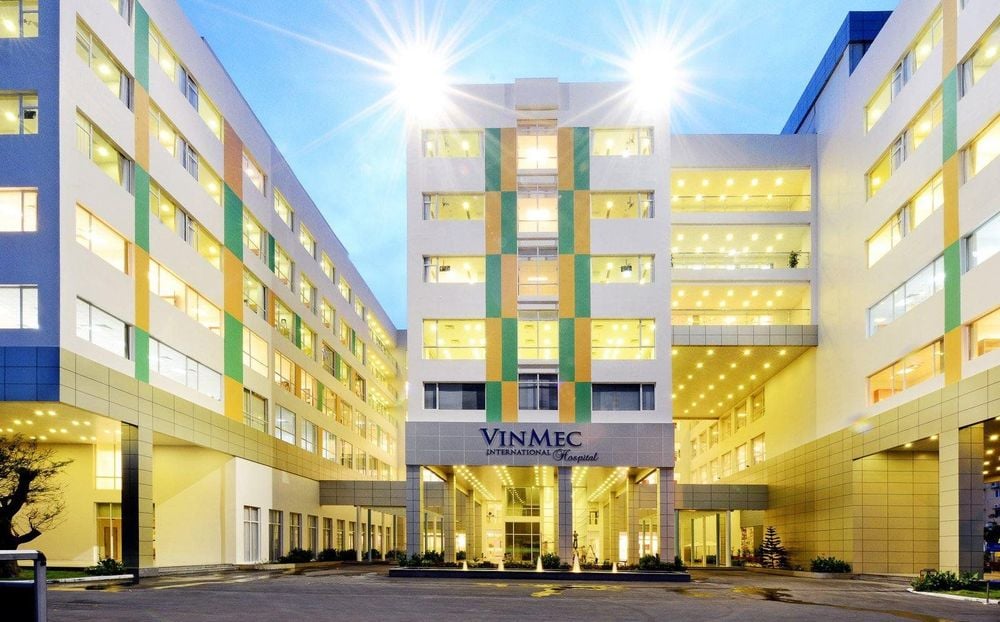
Vinmec là địa chỉ mổ ruột thừa uy tín và chất lượng cao với đội ngũ bác sĩ chuyên khoa giàu kinh nghiệm cùng trang thiết bị hiện đại
Patient can return to daily activities 1 day after surgery. Depending on the nature of the job, the patient can return to work after 2-3 days for administrative work and after 1 week for manual work.
After surgery, patients may experience some of the following symptoms:
Headache, mild dizziness, Nausea or dry vomiting, itchy throat Pain in the abdominal muscles or pain under the right flank. In some cases, there may be urinary retention or urinary retention. rat. Some tips below can help the recovery process go better after surgery:
Try to be active early, follow the diet of the treating doctor, usually the patient will start with a healthy diet. Eat liquids when you feel hungry. Wash your hands before and after touching the surgical site. Use a pillow or soft object to support your abdomen when coughing, laughing, sneezing, or any other abdominal movement. Avoid intense exercise, strenuous exercise, or heavy lifting while recovering from appendectomy. Avoid bathing or swimming for 1 month. Do rehabilitation exercises as directed by your doctor to help strengthen your recovery. Avoid using stimulants: alcohol, beer, raw food. Immediately notify the treating doctor of unusual symptoms: back pain, fever... Hopefully the above information can help patients and readers feel more secure with the previous notes. and after the appendectomy of Dr. Vinmec.
Department of Endoscopy - Gastroenterology is one of the key specialties at Vinmec International General Hospital. For timely examination, consultation and treatment of digestive diseases, you can contact Vinmec Health System nationwide or register online on the website for service.
Please dial HOTLINE for more information or register for an appointment HERE. Download MyVinmec app to make appointments faster and to manage your bookings easily.




